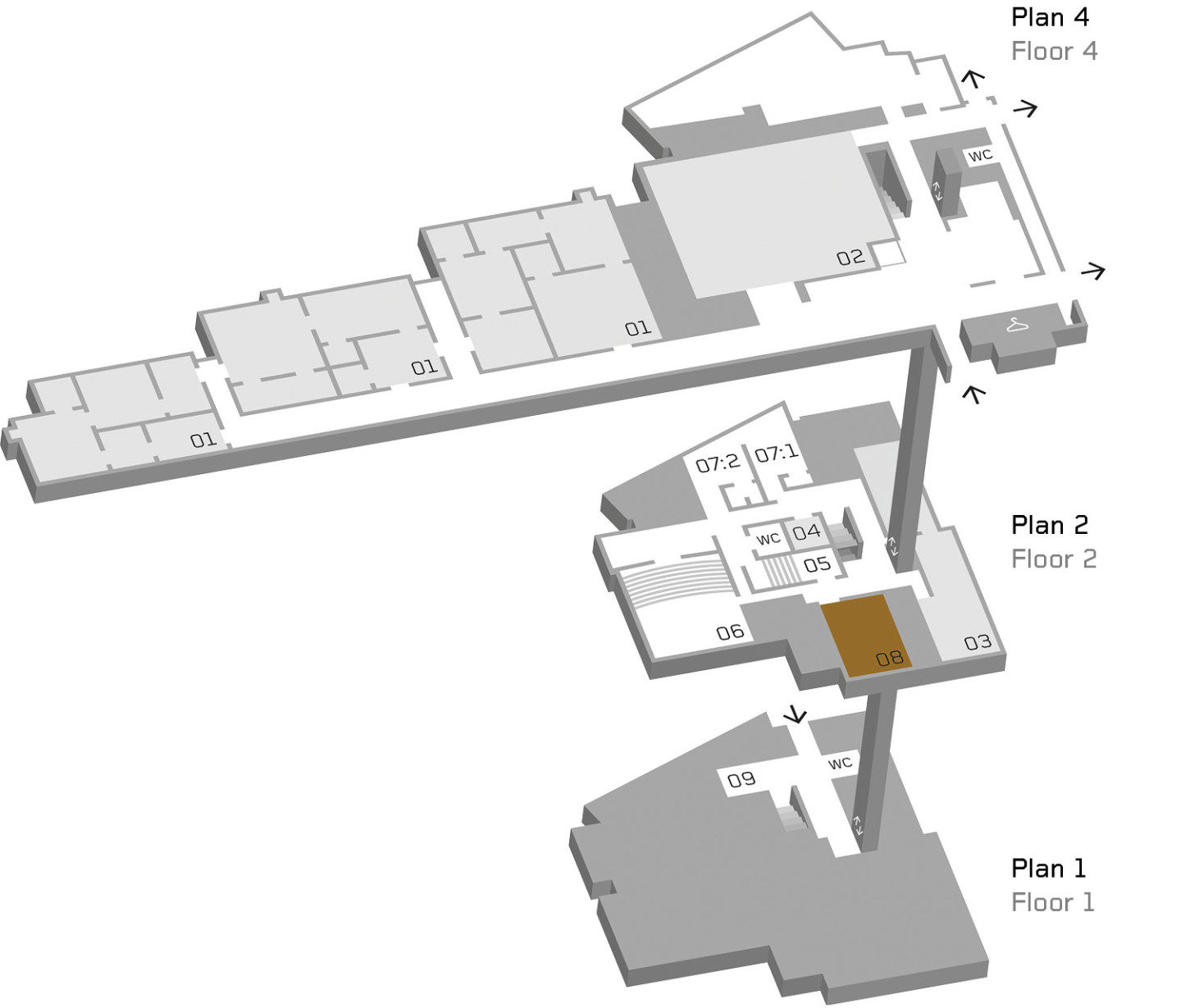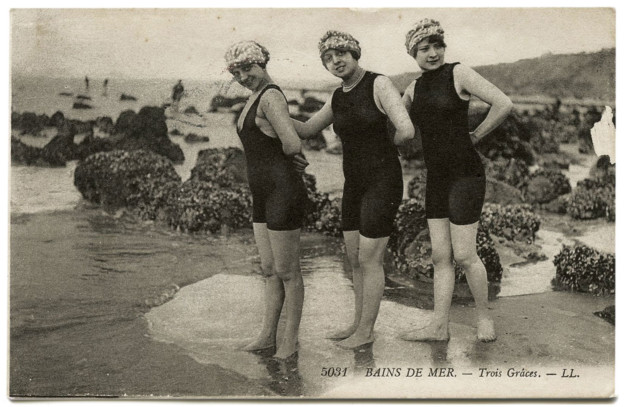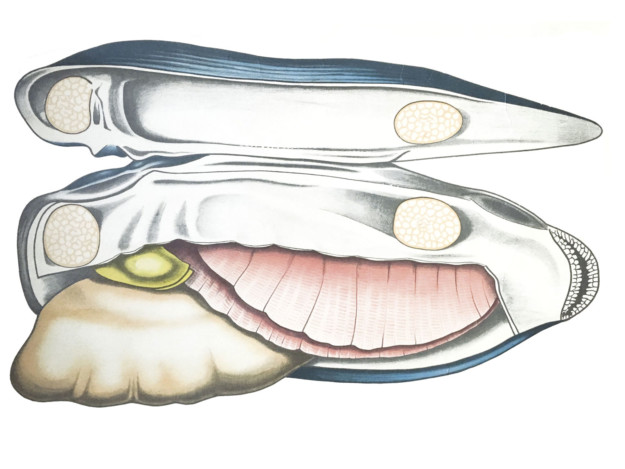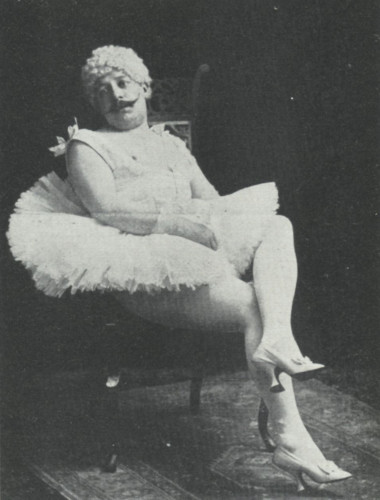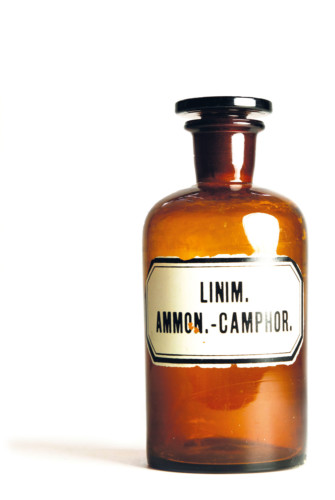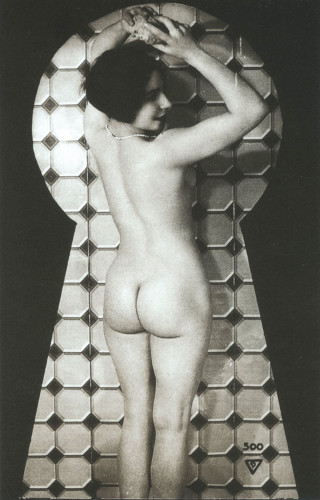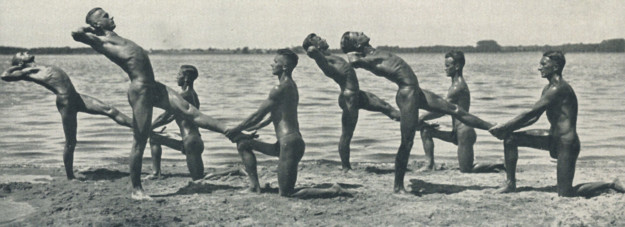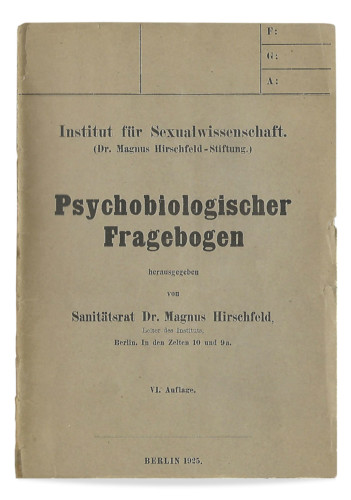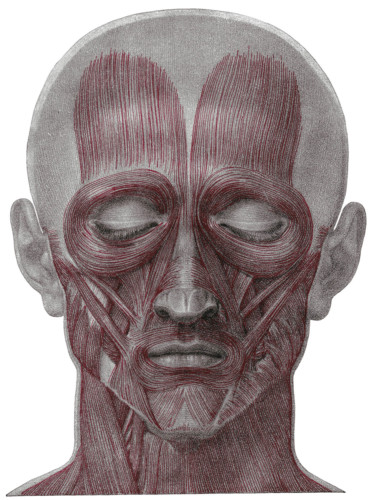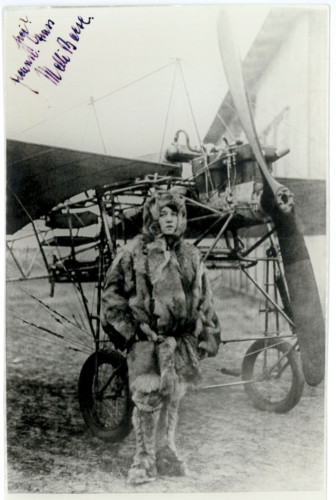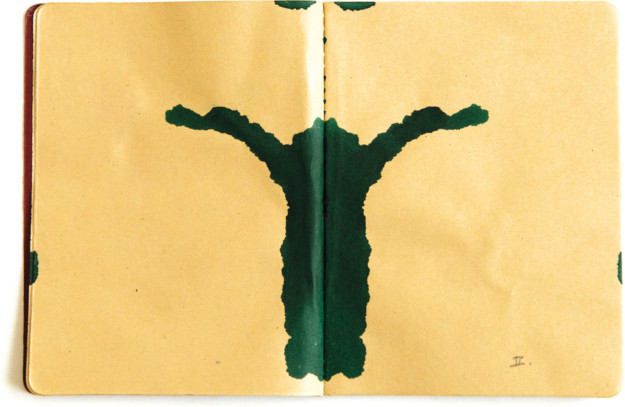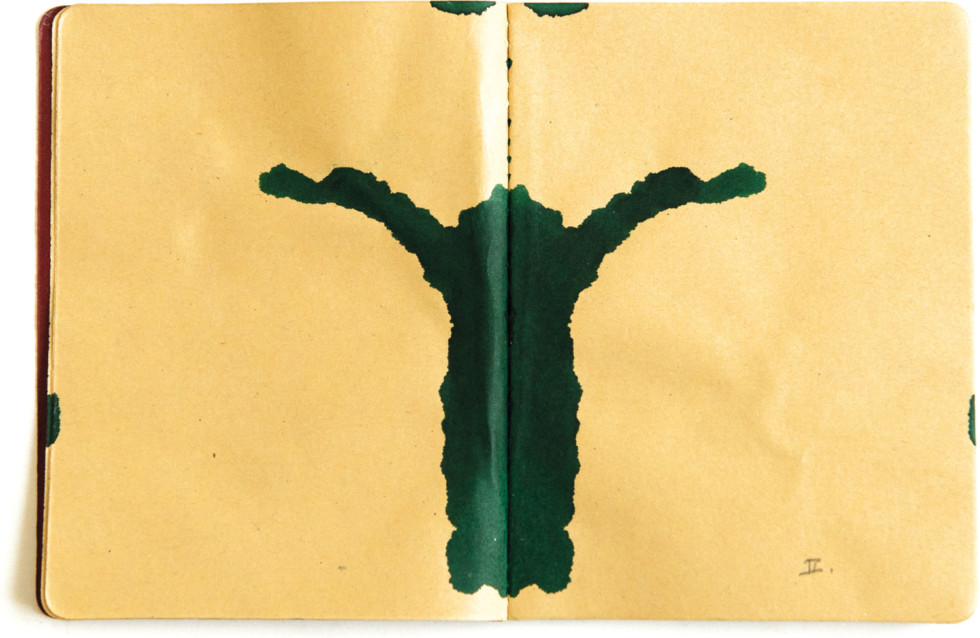
Pages in Nelly Becker’s notebook, 1925
Aris Fioretos
Atlas
25.10 2019 – 2.2 2020
Stockholm
It all started with an obituary. One day, Aris Fioretos discovered that an archivist at the National Board of Health had died at a very old age, leaving no kin. He wouldn’t have given Iris Frost another thought if her name had not been similar to that of a minor character in his first novel. Out of curiosity, he contacted the newspaper and obtained the number to the person who had submitted the obituary. When they met, life proved stranger than fiction. Not only had the deceased read his novels about how the brain, genitals and heart informed the view of mankind that emerged in the early-20th century, but had also commented on them.
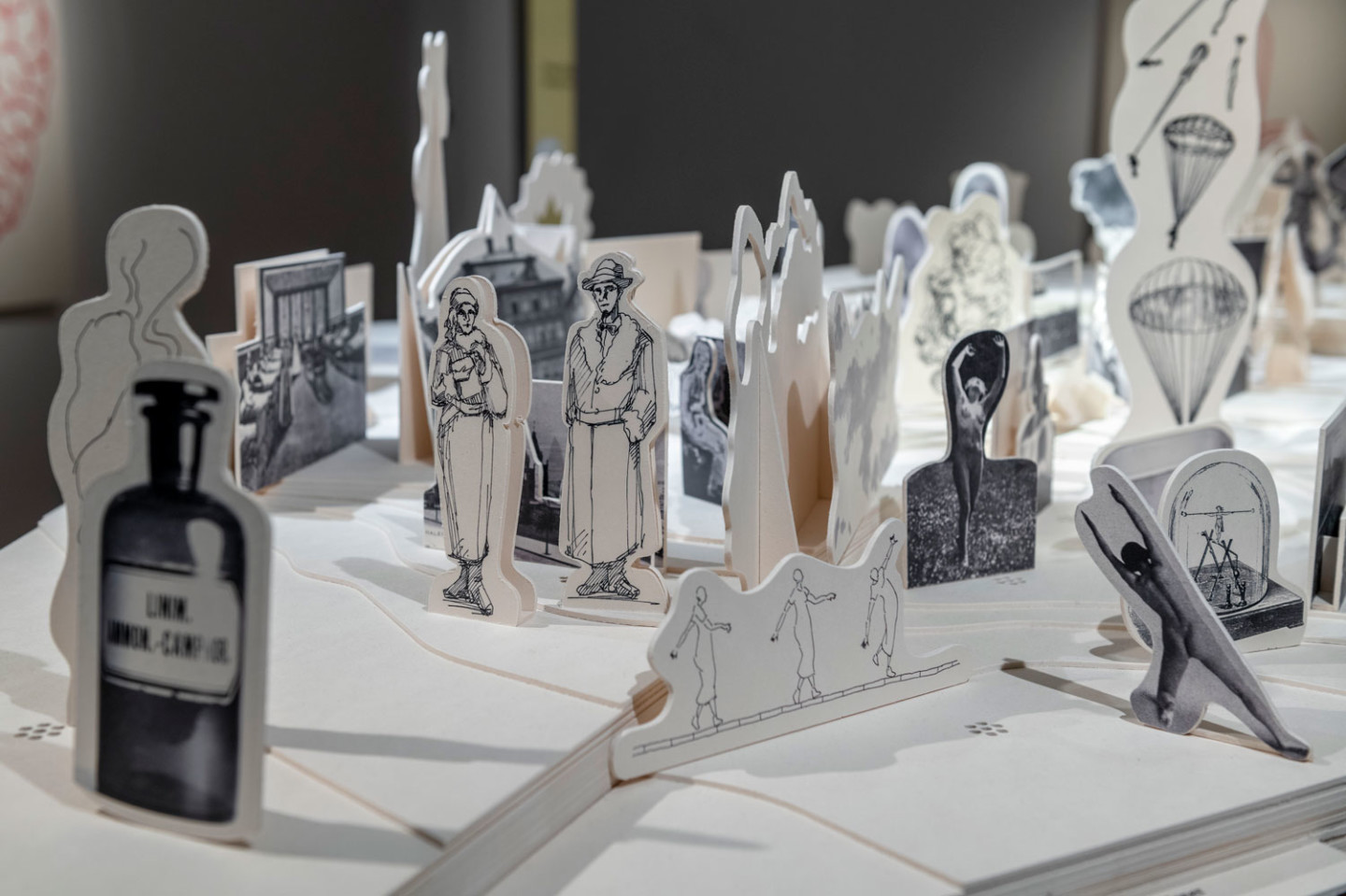
The exhibition mixes documentary and fictional material
Aris Fioretos’ new book, “Atlas”, fuses essay and fiction. His three previous novels, “Irma”, “The Truth about Sascha Knisch”, and “Nelly B:s Hjärta” (Nelly B’s Heart), are based on historical facts up to 1933. The three protagonists are connected but also independent – like body organs. Stockholm is important as the setting of the story, which is mainly about medicine and major social change. The exhibition is like a cabinet, where some 20 affective states are presented in an architectural model with cut-out figures. The model/table is in three parts, each coordinated with the three female protagonists.
What happens when literature goes three-dimensional? The exhibition “Atlas” is based on the eponymous new book, in which Fioretos traces the emergence of a modern view on mankind in the decades around 1900. Together with gewerkdesign, Berlin, and the sound artist Peter Imig, Aris Fioretos has captured “the entire history of human suffering” in 24 scenes. Part book and part exhibition, “Atlas” offers insights into what one of literature’s most famous doctors (Frankenstein) called his “workshop of filthy creation”.
Author: Aris Fioretos
Design and production: gewerkdesign, Berlin: Katarina Erben, Jens Imig, Takaya Kobayashi and Birgit Schlegel
Sound artist: Peter Imig
Moderna Museet curator: Annika Gunnarsson
Opening hours ”Aris Fioretos: Atlas” in The Study Gallery
The exhibition is closed on Thursdays. The Study Gallery is closed for the public and only open for booked research visits on Thursdays.
The Study Gallery opening hours
Tuesday: 10–20
Wednesday: 10–18
Thursday: closed for the public, only open for booked research visits
Friday: 10–20
Saturday: 11–18
Sunday: 11–18
Monday: closed
Series of events
The exhibition is accompanied by a series of discussions, lectures and films. On three occasions, you will have the opportunity to delve into a few of the questions and themes featured in the exhibition. Admission free, no booking required.
Atlas
Preview and conversation. Friday 25 October 2019, at 17.00–20.00.
Biology of the Soul
Lecture. Tuesday 12 November 2019, at 18.00–19.00.
Not Straight Out of Germany
Lecture and film screening. Tuesday 26 November 2019, at 18.00–19.00.
Read more: Atlas, Biology of the Soul, and Not Straight out of Germany
The exhibition is on the 2nd floor in the Pontus Hultén Study Gallery
